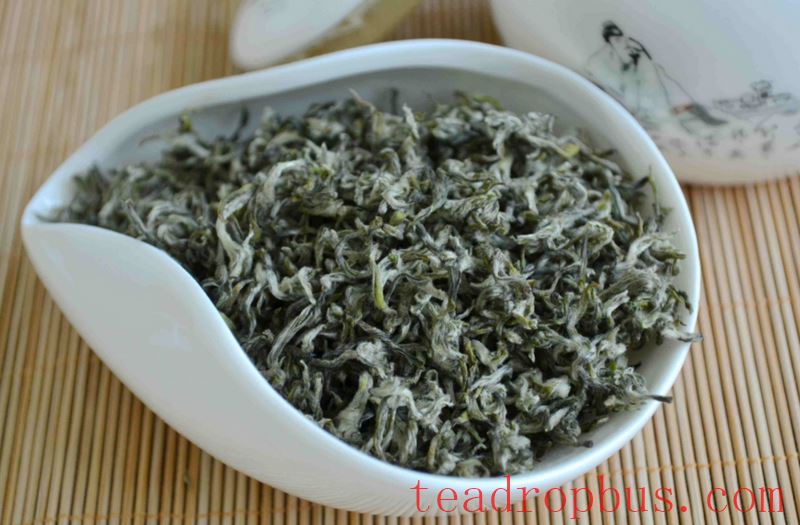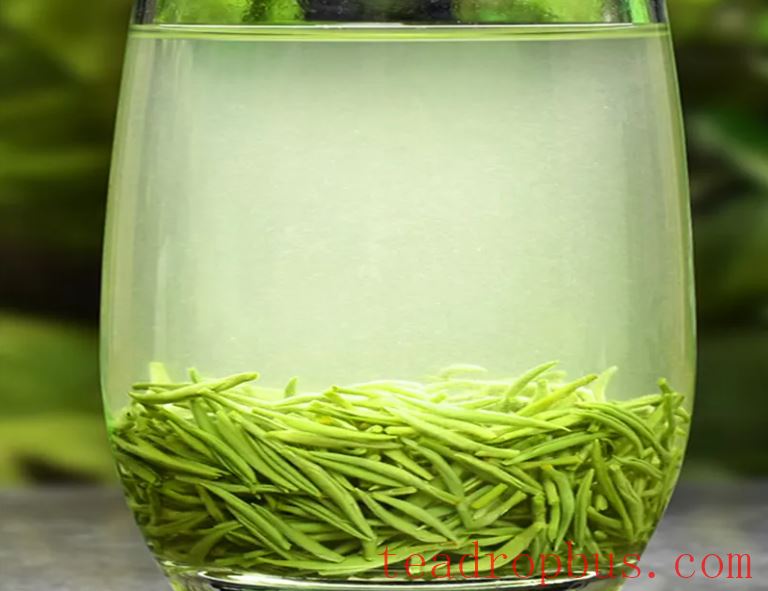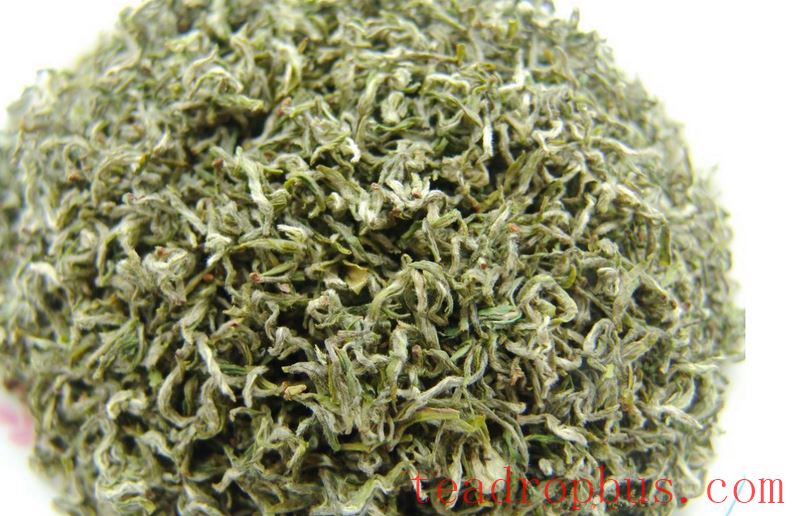Dongting Mountain Biluochun is one of China's top ten famous teas, produced on the East and West Dongting Mountains in Suzhou, Jiangsu Province, by Taihu Lake. Its unique growing environment and meticulous production process imbue the Tea with a distinctive aroma and fresh, refreshing taste. The prices for the 2024 Biluochun vary by grade: from 3,000 to 4,500 RMB per catty for the highest grade down to 350 to 600 RMB per catty for the sixth grade.

This year, the market average price for the second-highest grade of Dongting Mountain Biluochun is around 3,000 RMB per catty. Online merchants are offering top-grade products at such low prices that local Suzhou tea traders find it hard to believe, yet many consumers continue to place orders enthusiastically. In fact, through visits to physical stores, it has been learned that there is currently no fresh supply of the current season's Biluochun from the core production area of Dongting Mountain. It is expected that sales will begin after Qingming Festival, with prices ranging from 20,000 RMB to 3,000 to 4,000 RMB based on grade. Most of the Biluochun tea available online now is made from tea leaves sourced from Yunnan, Guizhou, and Sichuan.
This year's Dongting Biluochun production has been influenced by higher temperatures and abundant rainfall during the early spring, resulting in an estimated 105 tons of production from the core area, with the overall regional output expected to increase by 12 tons compared to last year. Tea prices are also expected to remain stable or slightly increase over the previous year.
Industry insiders have analyzed that several factors contribute to the rising prices of Dongting Mountain Biluochun. On one hand, as green prevention measures advance throughout the tea gardens of Dongting Mountain, costs for fertilizers and labor for picking have increased. On the other hand, the increasing demand in the market leads to a situation where the supply of Dongting Mountain Biluochun cannot meet the demand.

Additionally, Biluochun tea plants typically begin budding around the Spring Equinox and start being harvested before the Qingming Festival. Due to the limited number of buds and slow growth rate, the yield that meets the harvesting standard is very small.
Dongting Mountain Biluochun uses traditional manual methods for picking, sorting, and processing to ensure the shape of the shoots and the quality of the finished tea. A very skilled picker can harvest only half a catty of fresh leaves in a day.
For many tea enthusiasts, the tea industry is complex, with high-grade teas like Dongting Mountain Biluochun priced anywhere from a few hundred to thousands or even tens of thousands of RMB. While genuine products can be accepted, excessively high premiums leave consumers feeling uneasy. Indeed, in reality, tea farmers struggle to sell their produce, tea merchants often do not sell authentic tea, and middlemen make profits by reselling. Consumers frequently express dissatisfaction with dishonest merchants and middlemen on social media platforms.

When purchasing Biluochun tea, consumers should pay attention to the following points:
1. When selecting tea, consider the origin and quality grade, as these greatly influence the price.
2. Examine the appearance, color, aroma, and taste of the tea to assess its quality.
3. Pay attention to the packaging and storage method to avoid issues like dampness and spoilage.
In summary, when buying Biluochun tea, consumers should choose according to their needs and budget while paying close attention to the quality and storage of the tea.
Today, Biluochun remains a precious treasure in the tea world, with its unique processing techniques and exquisite craftsmanship leaving one in awe. Every sip of Biluochun is a testament to the tradition and dedication to perfection. Tasting a Cup of Biluochun is like savoring the weight of history and the accumulation of time.